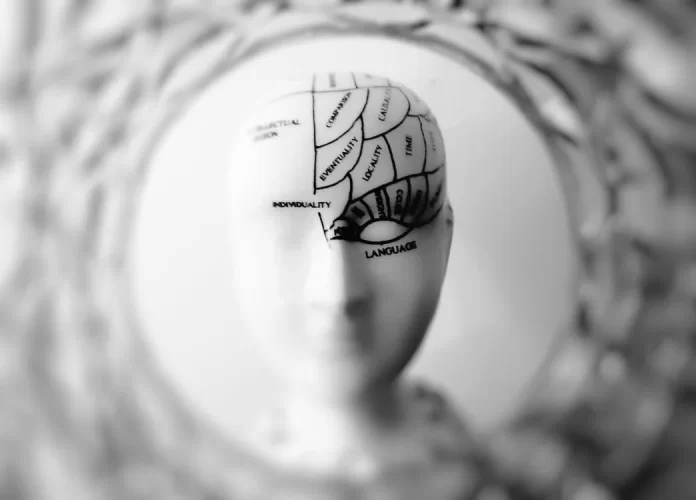Brain tumors are a serious health concern, and they can be difficult to diagnose and treat. In this blog post, we’ll take a look at the history of brain tumors, their symptoms, diagnosis, and treatments. We’ll also discuss some of the latest research on brain tumors and their treatments. If you or someone you know is affected by a brain tumor, please don’t hesitate to contact a doctor for advice and treatment.
What is a brain tumor?
A brain tumor is an abnormal growth of cells in the brain or central nervous system. Brain tumors can be either malignant or benign, but either type can cause serious problems. Malignant brain tumors are the most aggressive and invasive. They require the most treatment. Benign brain tumors are still tumors, but they don’t grow and spread as quickly as malignant brain tumors.
What are the symptoms of a brain tumor?
A brain tumor can cause a variety of symptoms, depending on its size and location. The most common symptoms include
-Headaches
-Seizures
-Nausea and vomiting
-Changes in vision
-Personality changes
-Memory problems
If you are experiencing any of these symptoms, it is important to see a doctor so that they can rule out other possible causes. If a brain tumor is suspected, a variety of imaging tests may be ordered to confirm the diagnosis. Once a brain tumor is diagnosed, treatment will be based on the type and stage of the tumor.
How are brain tumors diagnosed?
Brain tumors can be diagnosed using a variety of imaging tests, such as
- CT scans
- MRI scans
- PET scans.
Your doctor may also order a biopsy, in which a small sample of tissue is taken from the tumor and examined under a microscope.
What are the different types of brain tumors?
The most common types of brain tumors are:
- Gliomas
- meningiomas
- pituitary tumors.
Gliomas are the most common type of brain tumor and can be divided into four subtypes: astrocytomas, oligodendrogliomas, ependymomas, and glioblastomas.
- Astrocytoma: This tumor begins in star-shaped cells called astrocytes.
- Oligodendroglioma: This tumor begins in cells that make up the supportive tissue of the brain called oligodendrocytes.
- Ependymoma: This tumor begins in cells lining the ventricles (fluid-filled spaces) of the brain.
- Glioblastoma: This is the most common type of brain cancer. It begins in astrocytes and can grow quickly.
Meningiomas are the second most common type of brain tumor and account for about one-third of all brain tumors.
Pituitary tumors are the third most common type of brain tumor.
What are the treatments for brain tumors?
There are a variety of treatment options available for brain tumors, depending on the type and severity of the tumor. Some common treatments include
- surgery
- radiation therapy
- chemotherapy.
If you or a loved one has been diagnosed with a brain tumor, it’s important to work with a team of experienced medical professionals to create a treatment plan that’s right for you.
How can brain tumors be prevented ?
There is no sure way to prevent brain tumors, but there are some things you can do to lower your risk. For example, you can:
-Avoid exposure to known carcinogens, such as ionizing radiation and certain chemicals
-Eat a healthy diet
-Exercise regularly
-Maintain a healthy weight
Of course, even if you do all of these things, you may still develop a brain tumor. But by living a healthy lifestyle, you can help lower your risk.
Brain tumors can be deadly, but early diagnosis and treatment can improve the chances of survival. There are many different types of brain tumors, each with its own set of symptoms and treatments. If you experience any of the symptoms of a brain tumor, see a doctor right away.




